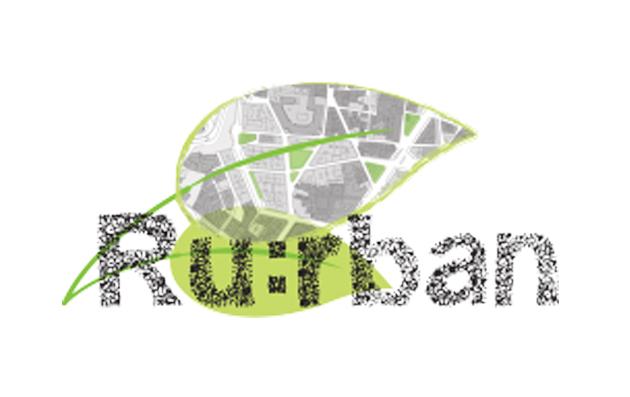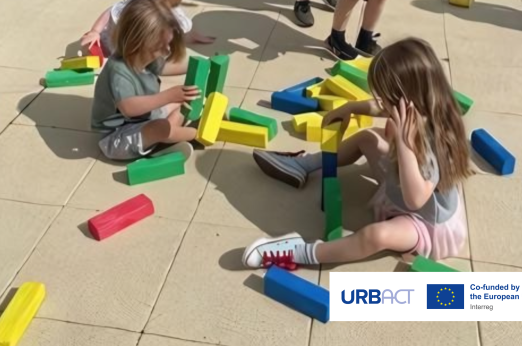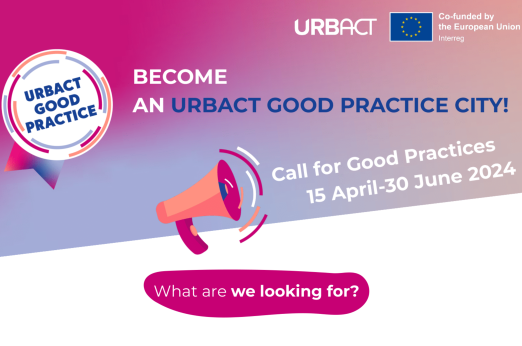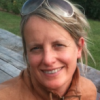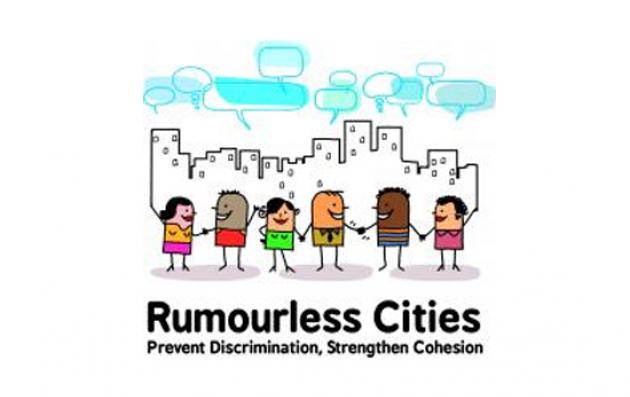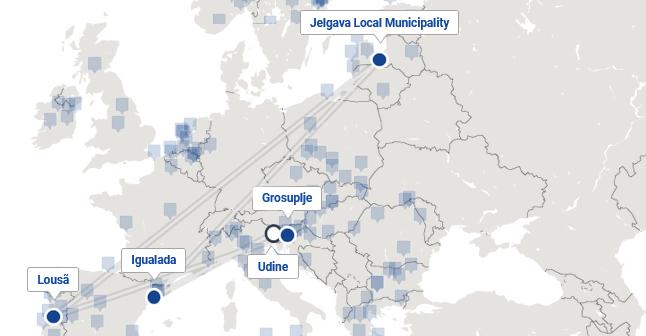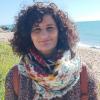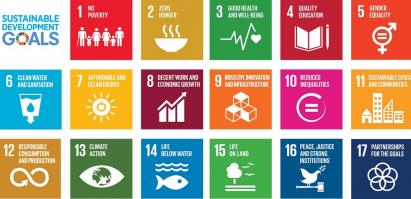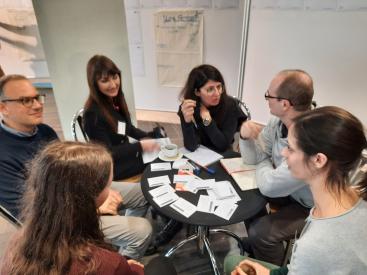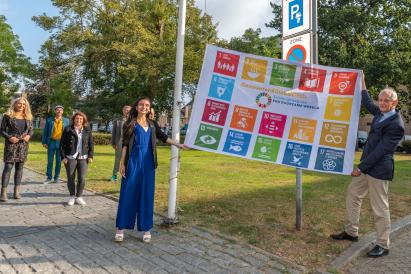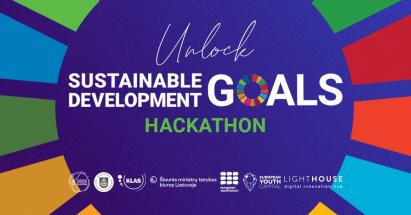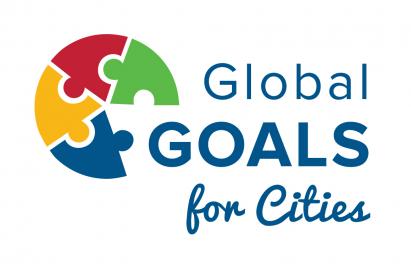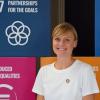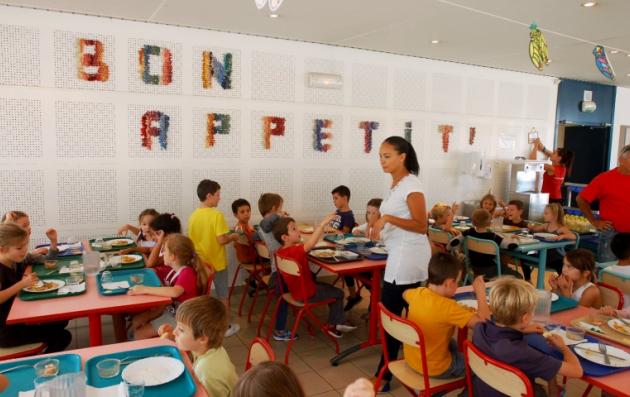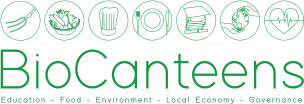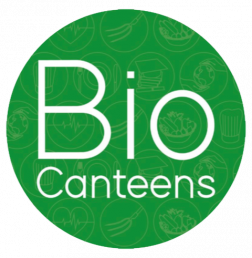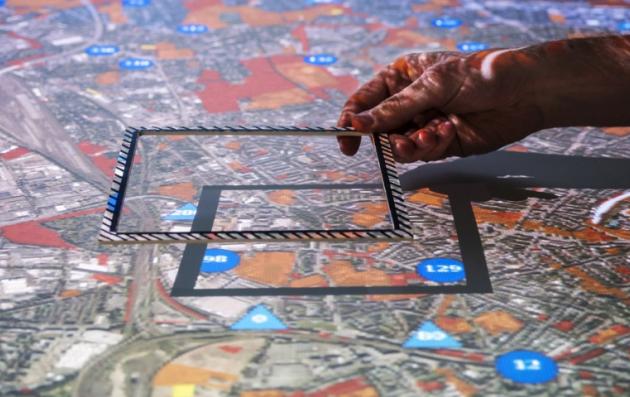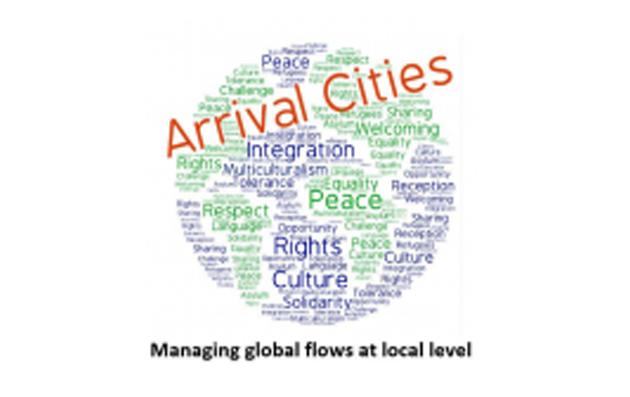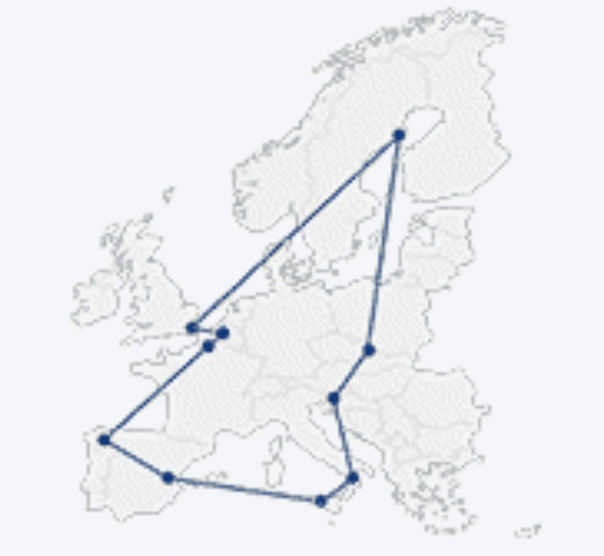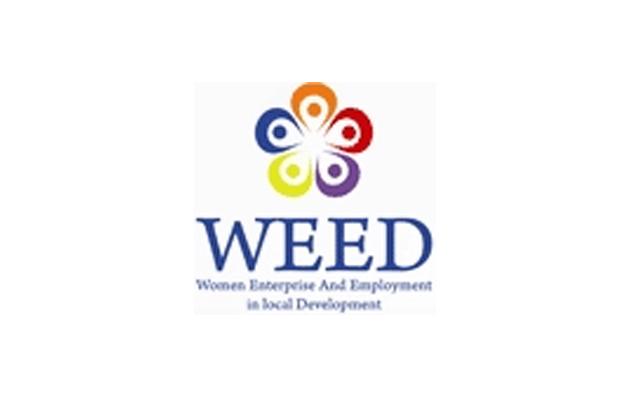Mouans-Sartoux has also improved its own practice on the following objectives identified in the city’s improvement plan at the beginning of BioCanteens Transfer Network, further involving citizens and local stakeholders in the city’s food project "Citizen feeding the town" (Citoyen Nourrit la Ville) in 2020. In this project, citizens are invited to carry out a participatory mapping of unused public and private lands with the view to turn them into family plots self-managed by small groups of participants, who commit to redistribute a share of their yields to the city’s social grocery. More importantly, a group of citizens was gathered to ensure smooth project steering, and to progressively raise their awareness on a wide diversity of food-related policy topics (ex. Food sovereignty, preservation of agricultural lands, food poverty etc.) beyond the issue of market gardening. This group will become the first basis and test-bed of Mouans-Sartoux’s future local food policy council. Taking stock of the relative failure of Mouans-Sartoux ‘s ULG (progressive disengagement of participants because of an overt-intellectual approach), the MEAD team opted to support people’s mobilisation into the city’s food governance through a progressive, flexible and concrete manner. A study to better understand the eating and purchase habits of the social grocery’s beneficiaries was carried out enabling to better adapt the service delivered by the city’s centre for social action (upcoming organisation of workshops of sustainable food, better (more attractive) presentation of vegetables on food stalls, partnerships with local organic suppliers to improve the quality of food distributed...) Increasing action-research activities and partnerships with academia, research centres and relevant practitioners.
(Pending approval in June 2021): Application to a call for project at national level (Programme National pour l’Alimentation) to carry out an action-research project on how to ensure the coordination of different local authorities’ food project at different governance levels (city, group of cities/metropolitan areas, département). The project’s hypothesis to be verified through 4 case-studies (City of Marseille/Métropole Aix-Marseille- Provence/Bouches du Rhône, Mouans-Sartoux/Alpes Maritimes, Plouguerneau, Epinal) is to show that a food project needs to be developed at each level of local governance, that there is not one better level to coordinate them than the others, but that coordination is needed to build a common narrative and objectives, despite possible different actions.
(Approved in June 2021) : A research project will be launched in the second half of 2021 for 2 years in collaboration with the University Hospital of Nice to measure the impact of the sustainable canteens project onto children health (epigenetics study).
(Also relevant for the point below) Greater dissemination of the city’s food project and know-how at regional, national and international levels
Over 2.5 years, Mouans-Sartoux has led the BIOCANTEENS network, transferring its practice to 6 other cities: LAG Pays des Condruses (Belgium), Vaslui (Romania), Trikala (Greece), Rosignano Marittimo (Italy), Torres Vedras (Portugal) and Troyan (Bulgaria). You can, in particular, check Troyan’s Good practice here. The approach was based on 8 modules which adaptable to each city’s reality: a municipal farm platform, kitchen micro good practices, organic demand and offer, food governance, food sovereignty vision, open dialogues and outreach, working with public procurement, and food education micro good practices The modules are all available as handbook on the URBACT website. Mouans-Sartoux also shared its practice more widely:
- At national level:
- via the Cantines durables – Territoires Engagés, French transfer of the practice of Mouans-Sartoux, making it a French BIOCANTEENS network;
- via a training programme called Management of Sustainable Food Projects for Territorial Communities, in order to adapt and develop projects according to each city's individual situation, together with the University of Côte d’Azur; and,
- as a significant stakeholder of the national community network Un Plus Bio.
- at European/international level:
